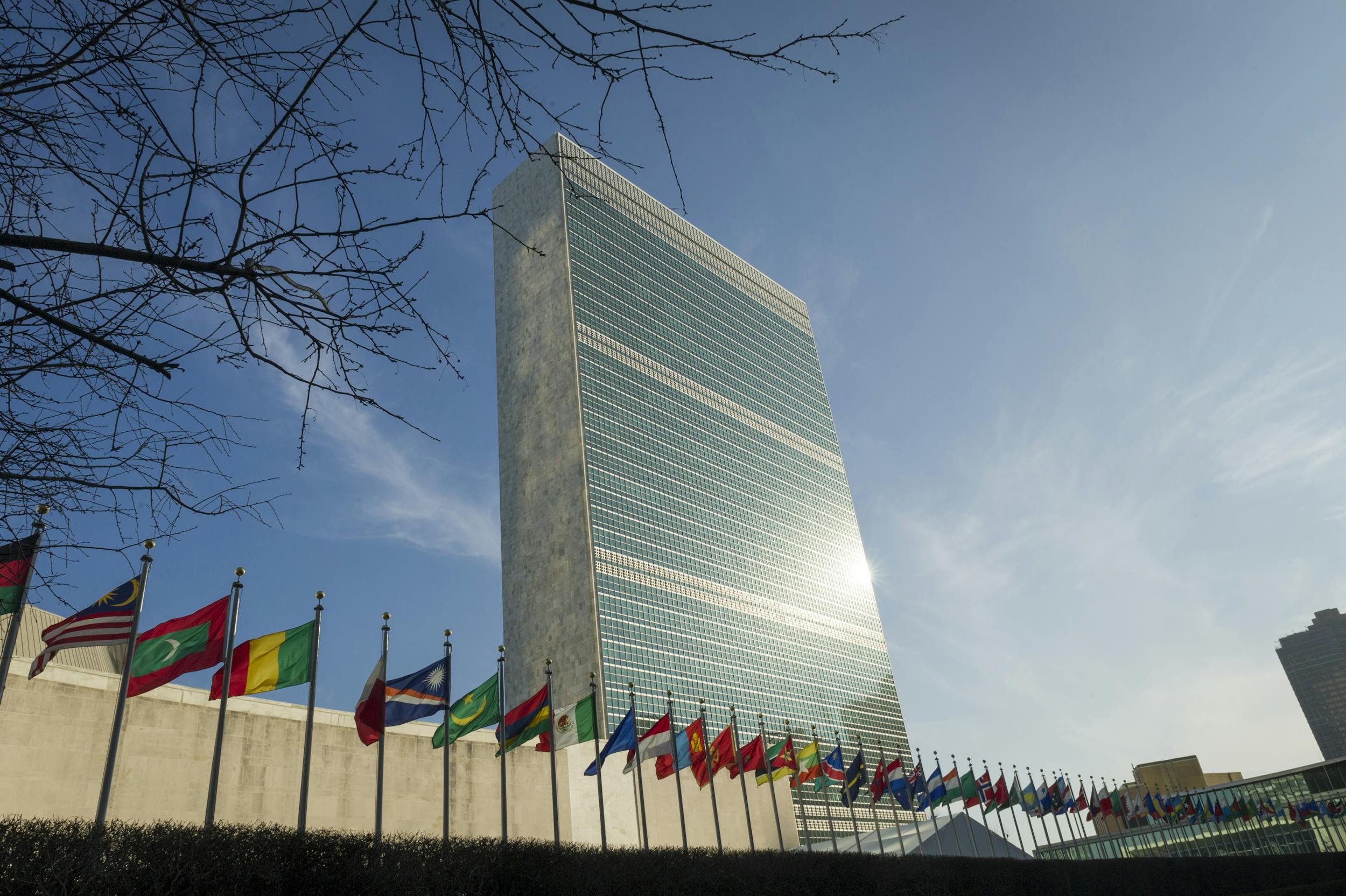The Ukraine ambassador to the U.N. was addressing the Security Council when news of the invasion by Russia began coming in. In his comments (which were overruled by the president of the Security Council that month, the ambassador from Russia) he raised a simple question:
Is Russia a legitimate member of the Security Council? Could someone please show him the legal paperwork establishing them in that seat?
Some background may be in order. The United Nations consists of two main bodies. The General Assembly has a delegate from virtually every country in the world, currently comprising 193. They pass thousands of resolutions but none of their words are actually binding on anyone. They can’t send an army anywhere. Even if they all agree that one of their fellow members has done something horrible, all they can do is wag their finger at them.
The other body of the U.N. is the Security Council, made up of just 15 members. The Security Council can take action. Its stated mission is to establish international peace and security. It can enact sanctions, admit or remove members, and initiate military action. It has access to armies.
Over the years the Security Council has initiated peacekeeping (military) actions in Korea, Africa, Cyprus, Papua New Guinea, the Middle East, and many other places.
Far more actions were proposed, but one key feature of the Security Council has most frequently resulted in inactivity: Each permanent member has veto power. So actions or sanctions proposed by, for example, the United States, were usually vetoed by the U.S.S.R., and vice versa.
10 of the seats on the Security Council are filled by members serving 2-year terms, after which they are replaced by other members. The current non-permanent members include Mexico, Kenya, Ireland, and others. But 5 of the seats are filled by permanent members, established as such in the initial U.N. charter in 1945: The United States, Great Britain, France, China, and the U.S.S.R. No, I do not mean Russia – I mean the U.S.S.R... the communist conglomerate that was an ally of the the U.S. during WWII, and that ceased to exist in 1991.
This is not just semantics. Notice that ‘China’ is also one of the permanent members, yet the China that is on the Security Council today is not the same China that was given the seat in 1945. That Republic of China, that initially held the permanent seat on the Security Council now resides on the island of Taiwan, where they fled after a communist uprising in China led to a civil war. Their seat was given, after a lot of legal maneuvering, voting, and paperwork, to the People’s Republic of China – the communist government of mainland China – in 1971.
There was no legal maneuvering or paperwork filed when Yeltsin’s Russia government representative sat down in the Security Council seat vacated by the Soviet Union. And that oversight has been ignored for 30 years.
So what? Well, what if the member countries of the U.N. were to decide it is in their best interests to declare that Russia should not have permanent veto power on the Security Council? Alternatively, they could take action that eliminates the veto entirely. If that happens, for the first time in its existence, the United Nations might find that it has “teeth”. It could take action, especially military action, without its every potential move being vetoed.
That would be significant to Christians. Serious Bible students see the U.N. as the fulfillment of the scarlet-colored beast described in Revelation chapter 17. Verse 13 of that chapter foretells that the member nations will “give their power and authority to the wild beast” for a short time right before the end of this system.
Taking away veto power from one of the belligerent countries, thus making the U.N. more effective, would certainly give the beast more power and authority.
It could even result in people worldwide finally proclaiming “Peace and Security!” (1 Thessalonians 5:3)
Please feel free to leave a polite comment. To read one of my earlier columns about the U.N. click here.
Bill K. Underwood is the author of several novels and one
non-fiction self-help book, all available at Amazon.com. You can help support this site by purchasing one of his books.


Spot on!
ReplyDeleteIn 1945 when the UN was inaugurated in San Francisco the Security council as a body had five permanent members, each with veto power. They were the US, France, England, USSR and China. There was no provision for any of these five to either adopt a regime change or to be dissolved, The USSR ended in 1991; China moved to Formosa (now Taiwan); France became a state of the EU. The US is still the US and England (or the UK) is still England. So a legal question about the "permanent" member status of France, Russia & China could be raised.
ReplyDelete